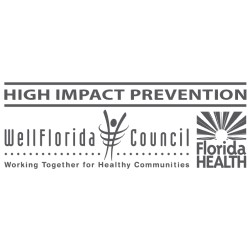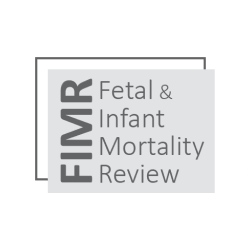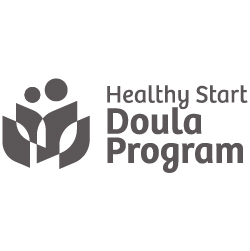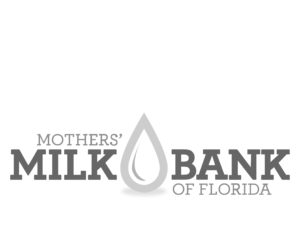Most insurers raising rates for policies purchased on ACA exchanges
Gainesville Sun and Ocala Star Banner
By Christopher Curry
Most insurance companies operating in Florida will raise rates next year for health plans purchased through the Affordable Care Act.
On Monday, the Florida Office of Insurance Regulation announced that, according to information insurance companies provided to the state, premiums for plans purchased through the health care law are expected to rise an average of 13.2 percent in 2015.
In Florida, 14 companies filed to offer plans through the health care exchange next year. Three of them will be new to the state.
Eight of the 11 returning plans filed average rate increases ranging from 11 percent to 23 percent. The other three filed rate decreases ranging from 5 percent to 12 percent
Florida Blue, the largest insurer, is raising its premiums by an average of 17.6 percent.
A Florida Office of Insurance Regulation analysis said that, after federal tax subsidies are factored in, a family of four in Alachua County with a household income of $51,000 a year would pay a $432 monthly premium in 2015 for the silver level coverage plan, compared with $342 this year.
In Marion County, the state’s analysis concluded a family of four with a $51,000 household income would, after tax subsidies, pay a monthly premium of $465 for the silver level plan, compared with $409 this year.
The Florida Office of Insurance Regulation also released its projections on what a single 28-year-old with an income of $27,000 would pay for a silver plan. In Alachua County, the monthly premium, after tax subsidies, rises from $183 in 2014 to $209 in 2015. In Marion County, the state projected an increase from $202 to $218.
Shortly after the Florida Office of Insurance Regulation released its year-to-year comparisons, the health care advocacy group Florida CHAIN sent out a statement blasting the state’s conclusions:
“The ‘analysis’ released today by OIR reveals nothing, except the extent to which the entity responsible for protecting Florida consumers is in a frenzied rush to mislead them as well as to assume their own conclusions. OIR’s hypothetical scenarios not only fail to shed meaningful light on what is happening with rates overall, they likely don’t apply to more than a handful of real-life consumers.
“It’s essential that Floridians understand that the numbers in these scenarios tell them very little or nothing about the premiums that they will actually pay next year. Rather, what nearly all of the almost 1 million Floridians who purchased coverage in the Marketplace will continue to pay is a price that is based mainly on their income and on the specific plan they choose.”
In disputing the state’s analysis, Florida CHAIN pointed to a U.S. Department of Health and Human Services report that stated the average premium for a Florida enrollee, after tax subsidies, was $68 a month.
“It’s really hard to project how this is going to affect people until enrollment starts,” said Lauren Vagelakos, an associate planner and health care marketplace navigator with the nonprofit WellFlorida Council.
Enrollment for coverage through the Affordable Care Act in 2015 is slated to start on Nov. 15. Vagelakos said that, under the numbers the state released, federal tax subsidies would continue to cover the costs of the majority of a monthly premium in both Alachua and Marion counties.
Health insurance rate increases also predated the Affordable Care Act.
For example, 2015 will be the fourth year in a row that FloridaBlue has increased premiums by at least 11 percent on average for people under 65 who buy their own coverage, according to Kaiser Health News.
Currently, the state government has no authority to negotiate or regulate rates on new health plans. The Legislature, which has a Republican majority opposed to the Affordable Care Act, passed legislation in 2013, the year before health care plans were available through the Affordable Care Act, suspending that authority until 2016.
As it stands, the long-term future of the tax subsidies to offset some of the cost of coverage is also uncertain in Florida after dueling opinions between two federal appeals courts. One court ruled that those subsidies could not legally be offered in states, like Florida, where the lawmakers chose not to set up their own state exchanges.
In Florida, 91 percent of the nearly 1 million people who signed up for health care through the Affordable Care Act received some tax subsidy.
Back to News page












